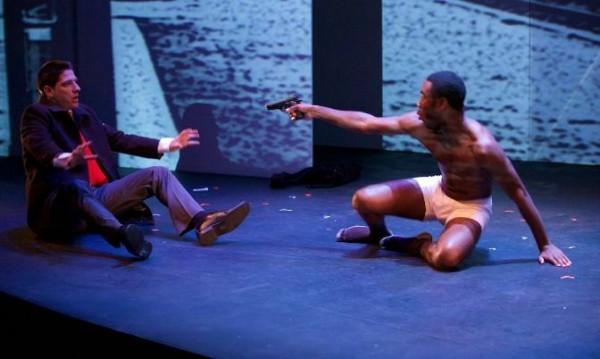In good news, season two is consistent and a strong follow-up to season one. Orange is the New Black is not about Piper, but rather about the prison system and the people who must survive it. In fact, Orange is the New Black doesn’t need Piper (Taylor Schilling). The strength of season two is the unearthing of the secondary characters’ stories. Orange is the New Black is an ambitiously written series that elicits emotional responses, imparts identity and applies equality to every character on screen. Orange is the New Black demands empathy of us. At some point, you will care for every character; you will pity them, expect more of them and stop the reel to scream at them.
In season two, we learn more about the dichotomy between the guards and the prisoners, how a broken and ignored system hurts them both. Everyone is trying to survive Litchfield; trying to create ‘some kind of wonderful’ within the confines of restriction. This is not a season about plot twists. It doesn’t pick up where season one left off; season two takes the show in a bold new direction with a central storyline anchored by the black characters. It is also, arguably, a risky move to focus on the character motivations, internal conflict and the desire to be loved. In Orange is the New Black, it is the access to companionship that drives these characters more than anything else.
Love and the consequences of seeking companionship are deeply explored in season two primarily though villainous Vee’s (played remarkably by Lorraine Toussaint) bid for Litchfield domination. Vee’s presence is jarring as a new inmate. She comes in swinging, realizing that the ‘blacks don’t rule Litchfield’. This could easily be viewed as the brewing of a racialized war, but it isn’t. Vee takes full advantage of the convenience of race. But beyond that, Vee manipulates the need to belong, thus it comes as no surprise that she chooses Red (played with nuance and commitment by Kate Mulgrew) to be her enemy. Red has been pushed out since losing the kitchen and has been searching for a new way to belong. Vee’s first act is to befriend the weakest link, the vulnerable Crazy Eyes (played masterfully by Uzo Aduba).
And so it begins the unraveling of Litchfield, the testing of relationships, the returning of the black population to its position of power. Poussey (Samira Wiley) and Taystee’s (Danielle Brooks) relationship is most tested by the addition of Vee to the cast. By the way, this is Poussey’s break out season. Her refusal to join Vee leads to some powerful scenes on screen for her. A drunk Poussey being beaten by Crazy Eyes as Tasytee watches is one of this season’s most gripping moments. We learn more about the black characters in season two, but by no means is this season about race. This season is about the choices we all make to smile at the end of the day.
Orange is the New Black challenges our understanding of what matters. Litchfield, a prison marred by bureaucracy, corruption and disregard is also a land of opportunity. Big Boo retaliating against Red. John trying to understand how to do right by Daya in the most complicated and pointless relationship EVER! Healey’s quest for belonging that leads to the creation of a prison counseling group. Nicky’s improbable quest to conquer every woman in Litchfield. Taystee’s old loyalties to a mother figure over her best friend, Poussey and Vee earning the allegiances of strong women with a slice of cake. These unlikely scenarios, allusions to character shortcomings are glimpses into what happens when people are left wanting. Validation is the ultimate desire of every person whether in prison or not and nothing provides that more than being connected to each other. Orange is the New Black is revolutionary television—building on the legacy left behind by shows like The Wire, Dexter, and Six Feet Under.
Orange is the New Black asks us not to like the characters, but through wonderful storytelling and a gripping use of flashbacks, it asks us to see the world through their eyes. In a season where the main character is the prison itself, what is the value of a life? Vee is power hungry. Red needs a flock to lead to have a life worth living. Healey is abusive, close-minded and judgmental. Daya is a wide-eyed delusional girl in love with a prison guard. These characters are flawed and their desires are often absurd. Some have found themselves in a cell for the most ludicrous of mistakes, but they are human and these flaws are indicative of what makes them human.
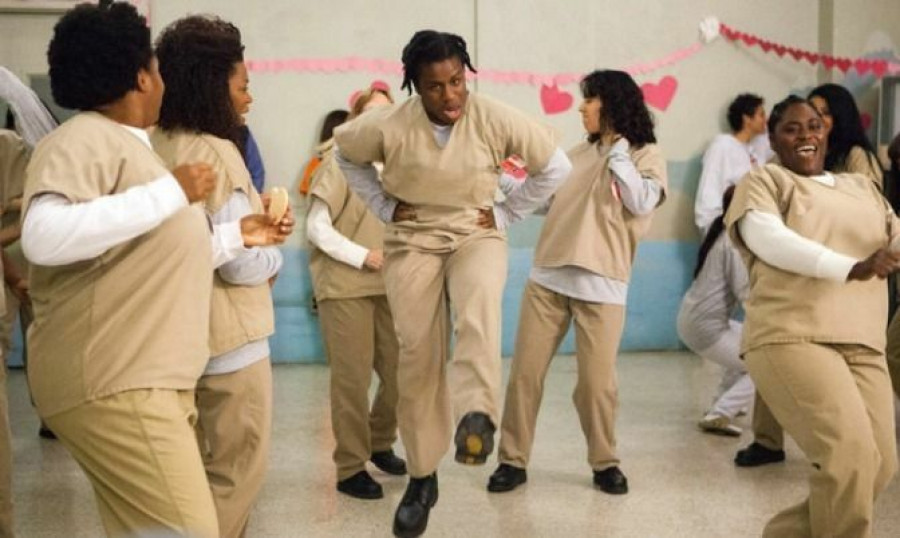
 By
By 




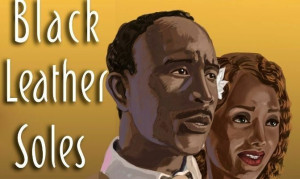
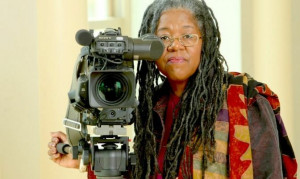
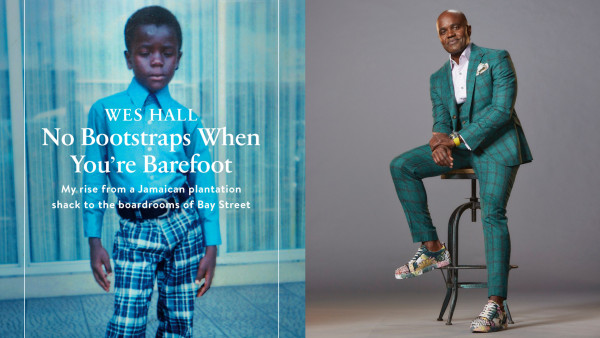
![[REVIEW] Reconnecting With Our History: A Review Of Venus’ Daughter](/media/k2/items/cache/a837e119cd945083823082e324cfb9ef_M.jpg?t=20170410_023445)
